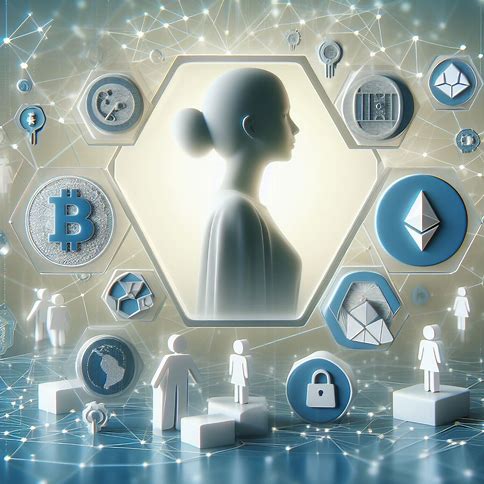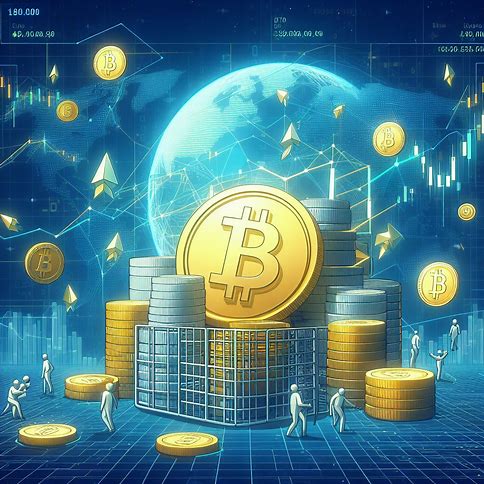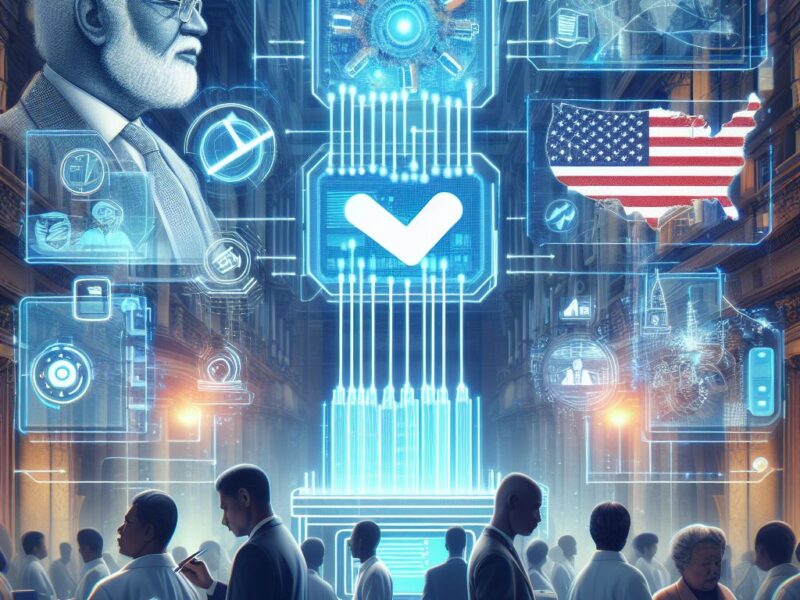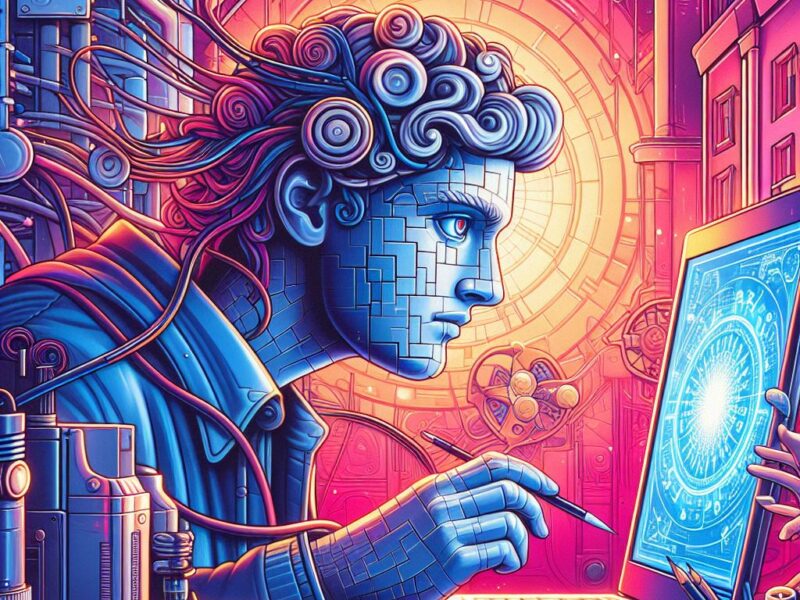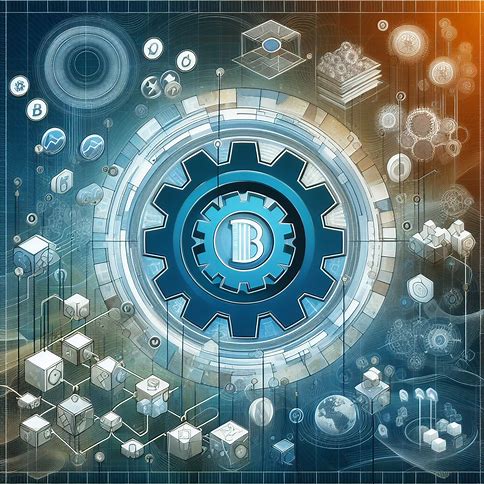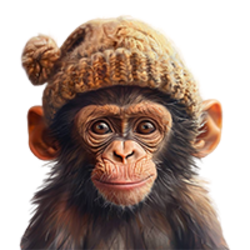A Decentralized Autonomous Organization (DAO) is a term for an organization that runs on blockchain technology. It represents a shift in the way organizations are managed and structured. DAOs are all about making big moves in the digital space. In this article, we will look at everything you need to know about DAOs, including their challenges.
Jump To
ToggleWhat Makes DAOs different?
1. Decentralization
No one person holds all the power. Members of the DAO get to vote on important matters, and the majority rules.
2. Transparency
Everything that happens in a DAO is recorded on the blockchain, so there is no room for shady business.
3. Autonomy
Once the rules are set, the DAO runs itself. Smart contracts handle the day-to-day operations, so there is no need for a human to constantly monitor things.
How do DAOs work?
DAOs start with a group of people who share a common goal. They create a set of rules, called a smart contract, that outlines how the DAO will operate. This includes things like how decisions will be made, how funds will be allocated, and what happens if someone breaks the rules.
Once the smart contract is in place, people can join the DAO by buying tokens. These tokens give them voting rights and a stake in the organization. When a decision needs to be made, members can propose ideas and cast their votes using their tokens. The smart contract then tallies the votes and executes the decision automatically.
DAOs often have a treasury that’s funded by member contributions or revenue from the organization’s activities. The smart contract controls how these funds are spent, so there is no need for a traditional bank account or financial manager.
Real-world examples of DAOs
One of the most famous examples of DAOs is MakerDAO, which is a decentralized platform for creating and managing stablecoins. Stablecoins are cryptocurrencies that are pegged to a stable asset, like the US dollar, to reduce volatility.
Another example is Decentraland, a virtual world where users can buy, sell, and develop land using a DAO. The Decentraland DAO governs the platform and makes decisions about its future development.
But DAOs are not just limited to financial applications. There are also DAOs focused on social causes, like the BitDAO, which funds open-source software projects, and the UkraineDAO, which raised funds for Ukrainian relief efforts during the conflict with Russia.
Advantages of DAOs
1. Trustless
Because everything is recorded on the blockchain and governed by smart contracts, there is no need to trust a central authority. The code is law.
2. Borderless
DAOs can operate globally, without the need for physical offices or geographic limitations.
3. Efficient
Smart contracts automate many of the tasks that would normally require human intervention, reducing overhead costs and increasing efficiency.
4. Democratic
Every member of a DAO has a say in how the organization is run, promoting a more democratic and inclusive decision-making process.
Challenges and limitations
DAOs are imperfect. There are still some challenges and limitations to consider:
1. Legal uncertainty
The legal status of DAOs is uncertain. It is unclear if a DAO can be sued when something goes wrong.
2. Security risks
Smart contracts are only as secure as the code they are written in. If there is a bug or vulnerability, it could be exploited by hackers.
3. Voter apathy
Just like in traditional democracies, not everyone in a DAO will be actively engaged in the decision-making process. This could lead to a concentration of power among a few active members.
4. Scalability
As DAOs grow in size, it can become more difficult to reach consensus and make decisions efficiently.
Key Takeaways
- DAOs are decentralized, autonomous organizations that operate on blockchain technology.
- They use smart contracts to enforce rules, make decisions, and manage funds.
- Members of a DAO have voting rights proportional to their stake in the organization.
- DAOs offer advantages such as trustlessness, borderlessness, efficiency, and democratic decision-making.
- Challenges include legal uncertainty, security risks, voter apathy, and scalability.
- DAOs have the potential to revolutionize finance, governance, ownership, and philanthropy.
FAQs
1. What is the difference between a DAO and a traditional organization?
A: Traditional organizations have a hierarchical structure with centralized decision-making, while DAOs are decentralized and use smart contracts to enforce rules and make decisions.
2. How do I join a DAO?
A: To join a DAO, you typically need to purchase tokens that represent a stake in the organization. These tokens give you voting rights and a share of the DAO’s assets.
3. Are DAOs legal?
A: The legal status of DAOs is still somewhat unclear and varies by jurisdiction. Some countries have started to recognize DAOs as legal entities, while others have yet to provide clear guidance.
4. Can I create my own DAO?
A: Yes, anyone can create a DAO by writing a smart contract that defines the rules and structure of the organization. However, creating a secure and effective DAO requires significant technical expertise and careful planning.
5. What happens if a DAO’s smart contract is hacked?
A: If a DAO’s smart contract is hacked or exploited, it can result in significant financial losses for members. DAOs often undergo extensive security audits and testing to minimize this risk, but no system is entirely foolproof.
6. How do DAOs make money?
A: DAOs can generate revenue in a variety of ways, such as charging fees for services, investing in assets, or receiving contributions from members. The specific revenue model depends on the purpose and structure of the DAO.
7. What is the biggest DAO?
A: Currently, the biggest DAO by assets under management is MakerDAO, which is responsible for the Dai stablecoin and has over $8 billion in collateral.
8. Can DAOs replace traditional companies?
A: While DAOs offer many advantages over traditional companies, it’s unlikely that they will replace them entirely. Instead, DAOs may coexist with traditional organizations and offer new ways of organizing and collaborating in specific contexts.
